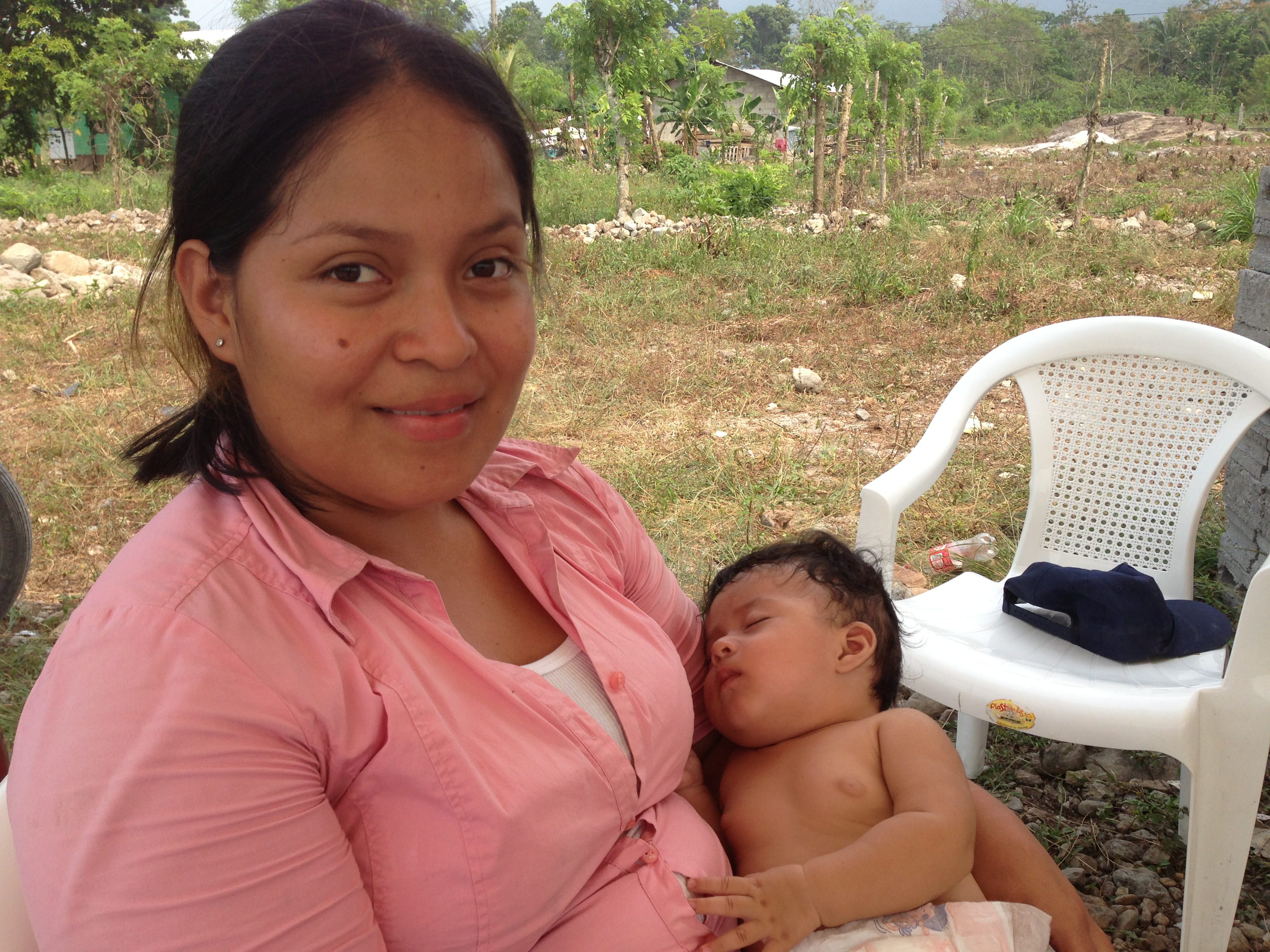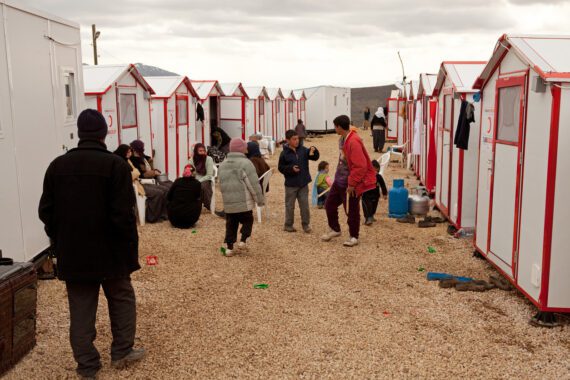By Robin Stephenson
Children are our most precious resource, and they hold a special place in the kingdom of God, but not all children start with the same advantages.
Baby Selby is growing up in El Porvenir, Honduras, where almost 40 percent of the population lives in extreme poverty. Life in the community is not easy. Selby’s father migrated to the United States so he could take care of his family. The money he sends home purchases the nutritious food that Selby needs to thrive.
But there is a price to pay; Selby is growing up in a family torn apart by the need to survive and the call of economic opportunity that pushes migration from Central America.
In the Western Hemisphere, three countries – Guatemala, Haiti, and Honduras – are home to millions of children who, unlike Selby, don’t get the nutrition they need to thrive. Throughout Latin America, malnutrition leaves a mark on the lives of 6.2 million children and robs them of their God-given potential.
When a child does not receive the right food, physical and cognitive stunting can result. Studies show the cost of stunting is high in terms of health care, school readiness, length of education, and lost productivity and income.
Many countries in Latin America celebrate Children’s Day starting this month. It is a day to show children that they are special. We teamed up with Guideposts’ OurPrayer Ministry and are asking the cloud of witnesses to pray for an end to child hunger and malnutrition.
This week we are praying for Selby and the millions of children in Latin America struggling to survive and thrive. Prayer reminds us that God is calling us to be a light in the world and put our faith in action. When we follow prayer with action, we begin to to transform the world into a place where everyone has enough to eat.
As part of our 2016 Offering of Letters: Survive and Thrive, we are asking Congress to put $230 million into the State Department Foreign Operations Appropriations Bill’s Global Health Account – the account through which U.S.-led nutrition programs are funded.
Early nutrition interventions can have positive and long-lasting effects on a child’s future. In Guatemala, twins Sheili and Alexander are thriving, despite living in extreme poverty. A nutrition program, funded through the Global Health Account, reached them with the vital assistance they needed, before it was too late.
Investing in global nutrition could reach more children like Sheili and Alexander and reduce the need for the migration that left Selby without her father at home.
Join us in prayer this week and ask God to direct our steps so that we can end malnutrition. Then put your faith in action and tell Congress to invest in nutrition and invest in children, because every child is a gift from God and deserves to be treasured.
Robin Stephenson is the national lead for social media and a senior regional organizer at Bread for the World.



